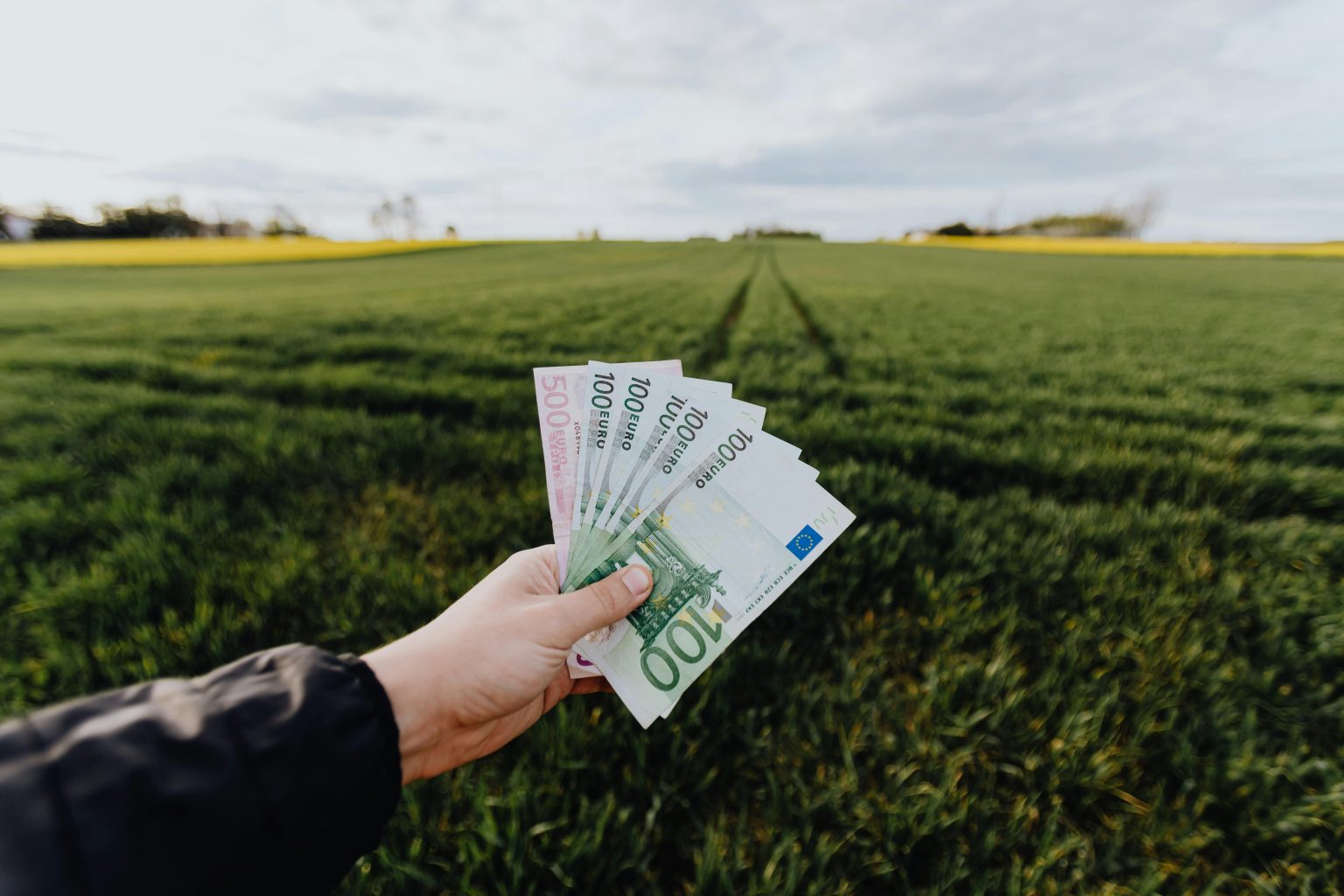Islamic finance assets under management were estimated to be worth around $4.5 trillion in 2022, and are projected to reach $6,7 trillion by 2027. The industry is a rapidly growing one in numerous countries – South Africa among them.
These products often include sukuk bonds, as well as project-finance and private-equity offerings like property investments.
Such investments have long been popular in the Muslim community. They hold few risks of “contamination” through being adjacent to earnings from other sources – given that Islam forbids the paying of interest, or investing in alcohol, gambling or the adult industry.
However, Islamic-finance products also offer returns that are attractive to any investor – not just those looking for Shariah-compliant instruments.
These investments also involve 100% investor capital, with no gearing or bank loans involved. This serves to reduce risk and complexity arising from bank involvement. Investors also have a clearer idea of what returns to expect, with fewer deductions for fees or loan components of an investment.
One of the most common Islamic Finance methods used is what is known as the “Mudharabah” model, based on a proportional profit-sharing agreement between the investor and the investment manager. The model involves a contract, according to which one party provides funds, and the other provides management expertise, and profits are shared according to a proportion agreed in advance.
In the case of Shariah-compliant financial services provider Al Mabroor, for instance, the proportion is 85:15.
“Project investments offer a straightforward, effective way to grow funds in a Shariah-compliant way,” says Suhail Mohamed, non-executive director at Al Mabroor Investments. “With property projects, for instance, investors essentially earn rental income, and are directly connected to the ‘real economy’ through an easily understood product.”
Mohamed says such products consistently outperform major global funds, as well as stock-exchange indexes. Al Mabroor investment products based on projects such as property, agriculture and vehicle finance consistent have generated annual returns in the 10-13% range for more than a decade. The JSE all-share index, by comparison, has generated an annualised return of around 7.5% over the past ten years.
In the case of unit trusts, a recent survey found that the past ten years have been a “lean decade”, with investors earning single-digit returns that are barely above South Africa’s 5.2% annual inflation rate. The average money-market fund has generated an unexciting 6,1%, while multi-asset high equity funds have produced an annualised 7.5%. At rates of barely 2% over the consumer price index inflation, such funds battle to reach the targets they set for themselves.
Real-world, Shariah-compliant investments, by contrast, set more ambitious targets, and consistently achieve them. By illustration, the Al Mabroor Beefcor project requires a R25 000 minimum investment, and estimates a return on investment in excess of 12,5% per annum.
To be identified as Shariah-compliant, investment companies must have their offerings certified by recognised religious scholars from within the Muslim community.
Real-world investments in tangible businesses, such as those favoured in the Shariah-finance sector, are also remarkably resilient. For instance, in the depths of the Covid-19 pandemic, net farm income in South Africa grew by 46,0% in the year to 30 June 2021.
An investment in an agriculture project also offers the added social advantages of adding to food security and job-creation while providing development funding for commercial farmers.
“Being invested in a product which is naturally Shari’ah compliant provides Muslim investors with additional peace of mind, but its greatest selling point is that real-world investments in projects that serve people’s basic human needs can also offer above-average returns over the medium to longer term.”



